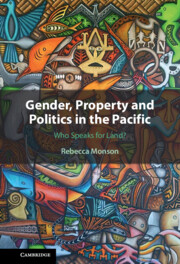While processes of land-use change have triggered conflicts across Asia, our knowledge of the responses of affected communities is largely based on case-studies. This review essay addresses this challenge by reviewing and synthesizing 49 studies of conflicts between rural communities and companies in order to identify salient characteristics of anti-corporate activism in Indonesia. We find that, in contrast to the ‘rightful resistance’ observed elsewhere, the strategies employed by rural communities in Indonesia are remarkably “rightless” as both their discourse and their conflict resolution efforts are marked by a remarkable irrelevance of laws, regulations and courts. Communities frame their claims mostly in terms of customary laws while largely relying on informal mediation by local authorities. We attribute this “rightless” character of land-use change conflicts to the weak legal protection of land rights in Indonesia and the relative powerlessness of communities in the face of collusion between authorities and companies.


